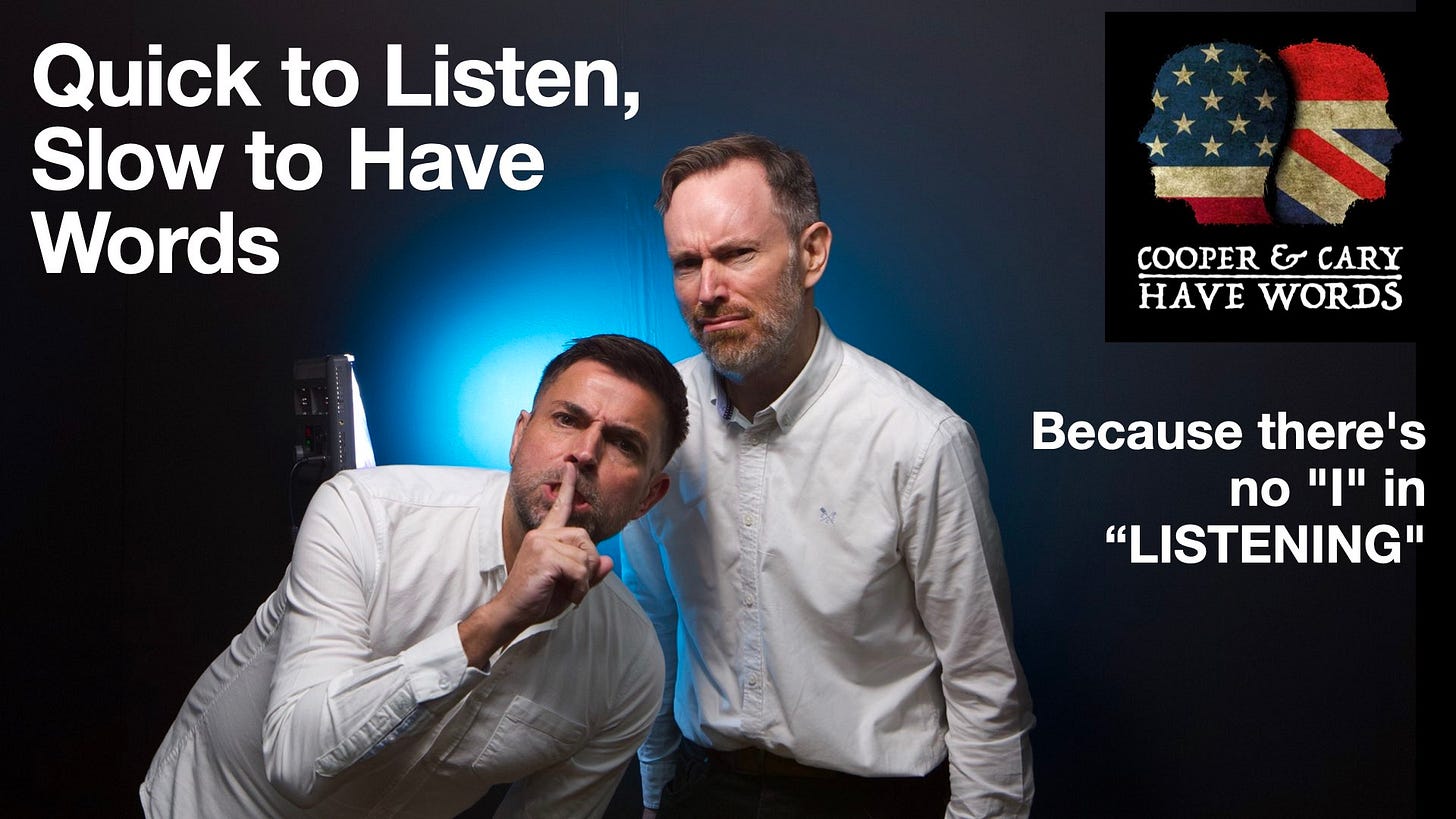Last time, I wrote about how the Kingdom of God is such a dominant theme in Mark’s gospel and yet Christians don’t talk about it very much. We use the word ‘Lord’ with reference to Jesus quite a lot. We may call him ‘The Lord Jesus’ or even ‘The Lord Jesus Christ’. Christ means Messiah or ‘anointed one’. That is: the King. But it’s easy to forget that Christ essentially means ‘king’ and that he therefore has a kingdom.
But we don’t talk about that kingdom, or his rule when Jesus talks about it a lot. Many of his parables are describing the kingdom of God. But it seems like we’d be hard-pressed to give a clear answer to the question ‘What is the Kingdom of God?’.
What does it mean for Christ to rule? Should Christians, the servants of that King, be seeking to do that? It’s a contentious subject. At the moment, lots of people are losing their minds about the idea of ‘Christian Nationalism’. I’ll write about that next time, but it’s clearly linked with the place of Christianity within our nation and therefore Christ. Is Jesus really our rightful king now? Or just in the future?

The King of Hearts
What is our instinct about the idea of Christ returning from heaven to rule as the King of Kings? Do we immediately think about those who didn’t vote for him? What about them? Have we really understood what it means for Christ to be King, not just the King of our Hearts?
Western Christians have succumbed to individualism and autonomy. We much prefer the idea that Jesus is our King. A king that we have chosen. We like what he’s offering. His yolk is easy and his burden is light. We don’t like the idea that Jesus is not just our king but the king, and therefore inherently worthy of our obedience.
If we’re honest, we don’t particularly like the idea of anyone being our king. King Charles III can be our king as long as he agrees with what we already think and he doesn’t make any demands on us. The moment he goes against our wishes or preferences, we say ‘you’re only king because your mother was the Queen, so who cares what you think?’
In fact, at one point, The Guardian reported:
“Members of the public watching the coronation on television, online and in parks and pubs will be invited to swear aloud their allegiance to the monarch in a “chorus of millions of voices” to be known as the Homage of the People.”1
You don’t need to imagine what Guardian readers made of that. Reactions ranged from ‘Incredibly distasteful during a cost of living crisis’ and ‘The less we hold on to these parasitic institutions, the better chance we have at reconciling historic injustices and moving on’ to the more refreshing honest, ‘I might join in if the mood takes me’.2
In short, we are hooked on our own autonomy.
What about Elected Leaders?
That’s no different. We don’t like Prime Ministers or presidents either – except for ones that are long dead and it’s been decided their achievements were, on balance, A Good Thing like Abraham Lincoln or Winston Churchill. While they were alive, they divided public opinion – and Churchill lost the General Election in 1945. Let that sink in. Churchill, possibly our greatest Prime Minister according to public opinion today, lost the General Election in 1945 whilst he was still winning the Second World War. And the election wasn’t even close.
But we consider Churchill and Lincoln great because we can see their achievements. The risks they took paid off. So they’ve earned our respect. The late Queen Elizabeth had, in her long life of service, earned the respect of her people.
Jesus Saves
Is this how we see Jesus’s kingship? Did he earn our respect with his life of miracles, his teaching and his death? And so is our obedience to his rule conditional? Is it transactional? Should we do what he says, or at least show willing, because he is our saviour?
Do we mostly preach Christ as saviour? I think we do. Our evangelism is almost always based around the good news that Jesus has saved you from your sin by dying for you on the cross. There’s a lot of ‘you’ there. We shouldn’t be surprised that Christians have a hard time accepting Jesus as the supreme sovereign ruler. We continually present him as a solution to a human problem.
Jesus is our saviour – if we’re Christians. But he is also our king. In fact, he remains our king whether we submit or not, whether we are saved or not, and whether we are Christians or not. Every knee shall bow. We do what he says not because he made us, or because he knows what’s best for us, or because he loves us. He did make us. He knows what’s best for us. And he loves us. But we obey Jesus because he is the king.
My favourite part of Lockridge's astonishing sermon ‘My King’ is this bit:
That’s my King!
He always has been
And He always will be
He had no predecessor
and He’ll have no successor
There was nobody before Him
and there’ll be nobody after Him
You can’t impeach Him
and He’s not going to resign!
Or to quote Jesus’s not-so-famous first words, “The time has come. The Kingdom of God is near.” So, there’s that. All we need to do is “Repent and believe the good news!” And we should do it because he is the king.
Cooper and Cary Have Words about listening. If you like the show, have you considered supporting it on Patreon? Or via Apple podcasts? You get extended episodes, videos, access to a very friendly Discord server with fellow listeners and all kinds of bonuses.
https://www.theguardian.com/uk-news/2023/apr/29/public-invited-to-swear-their-allegiance-as-king-is-crowned
https://www.theguardian.com/uk-news/2023/may/04/you-must-be-joking-readers-on-swearing-oath-of-allegiance-on-king-charless-coronation




